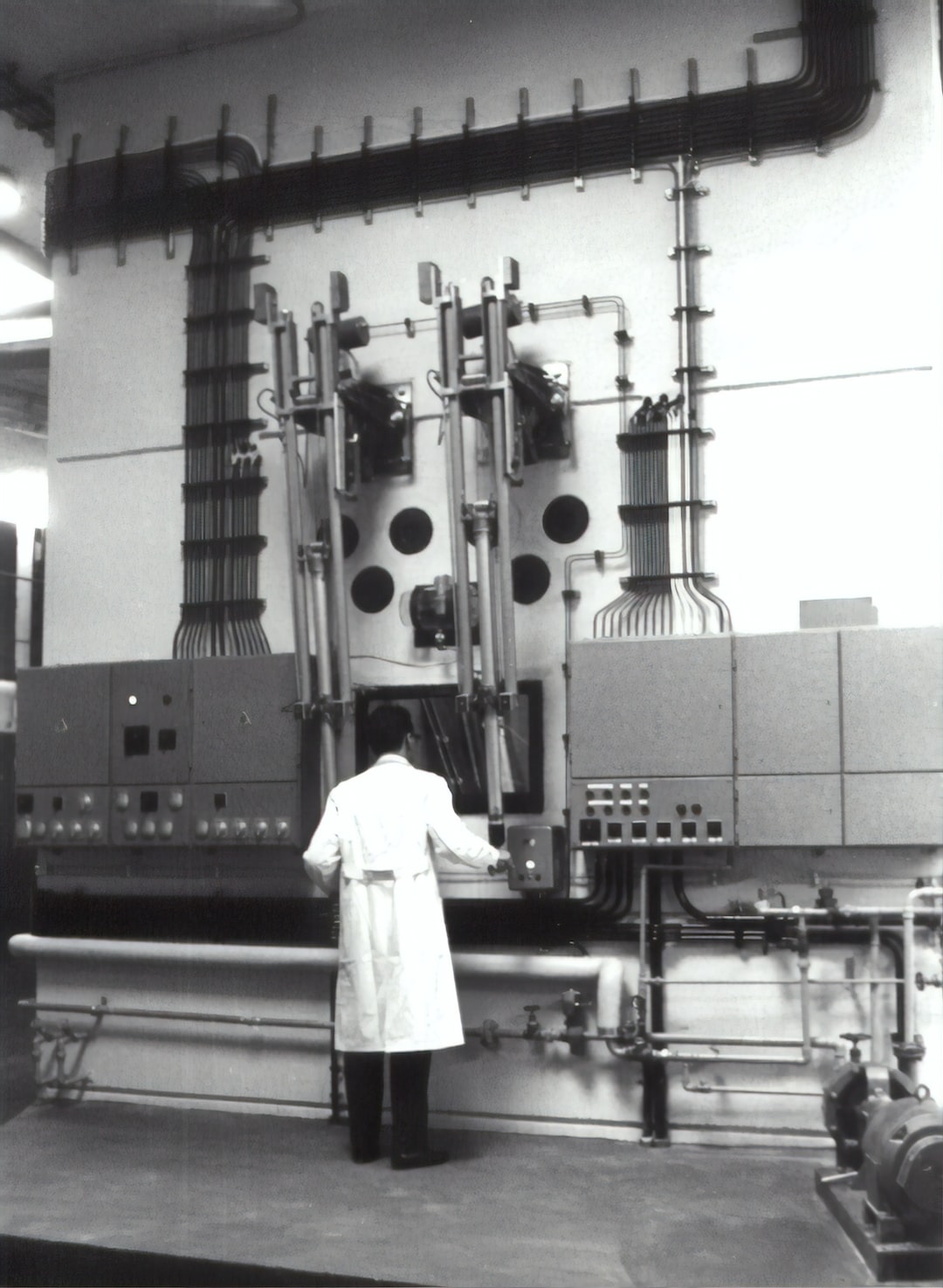Reshoring Manufacturing: Bringing Production Back to Local Markets
In recent years, there has been a significant shift in the world of manufacturing. With globalization, many companies have relocated their production to low-cost labor countries such as China and India, seeking to minimize costs and increase profits. However, the trend of reshoring manufacturing, bringing production back to local markets, is gaining momentum, and for good reason.
Reshoring manufacturing refers to the process of returning production activities to the country where a company is based. This can include the relocation of factories, assembly lines, and other manufacturing processes. The decision to reshore manufacturing can be driven by several factors, including rising labor costs in low-cost countries, quality control issues, intellectual property concerns, and supply chain disruptions, among others.
One of the key advantages of reshoring manufacturing is the reestablishment of trust and control over the entire production process. When production is moved offshore, companies often face challenges related to quality control. A lack of oversight and communication can lead to inconsistent product quality, which can have a negative impact on customer satisfaction and brand reputation. By reshoring manufacturing, companies can regain control over every aspect of the production process, ensuring greater consistency and adherence to quality standards.
Another significant advantage of reshoring manufacturing is the reduction in supply chain risks. Global supply chains have become increasingly complex and vulnerable to disruptions, as evidenced by the COVID-19 pandemic. When production is located in distant countries, companies often face challenges in terms of shipping delays, customs issues, and political instability. By bringing production back to local markets, companies can reduce the risks associated with such disruptions, ensuring a more reliable and efficient supply chain.
Furthermore, reshoring manufacturing contributes to the revival of local economies. The relocation of production activities can result in job creation, which has a positive impact on employment rates and local communities. Manufacturing jobs tend to provide stable, well-paying employment opportunities, benefiting both individuals and the economy as a whole. By supporting local manufacturing, consumers also have the opportunity to contribute to the growth and development of their own communities.
Additionally, reshoring manufacturing promotes sustainability and reduces environmental impact. Long supply chains require extensive transportation, which contributes to carbon emissions and pollution. By establishing local production, companies can significantly decrease their carbon footprint and promote the use of more sustainable production methods. Local production also allows for better waste management and recycling practices, further reducing environmental harm.
However, it is important to acknowledge the challenges associated with reshoring manufacturing. One of the primary concerns is the higher labor costs in local markets compared to low-cost countries. Companies considering reshoring must carefully evaluate the overall costs and benefits, taking into account factors such as productivity, automation, and economies of scale. Additionally, companies may need to invest in retraining or upskilling their workforce to meet the demands of modern manufacturing technologies.
In conclusion, the phenomenon of reshoring manufacturing is reshaping the global landscape of production. Companies are increasingly recognizing the benefits of bringing production back to local markets, including improved quality control, reduced supply chain risks, and support for local economies. Reshoring also aligns with sustainability goals by reducing environmental impact. However, companies must carefully evaluate costs and address challenges to ensure a successful transition. As the reshoring trend continues to gain momentum, it represents a positive shift towards more sustainable, accountable, and resilient manufacturing practices.

